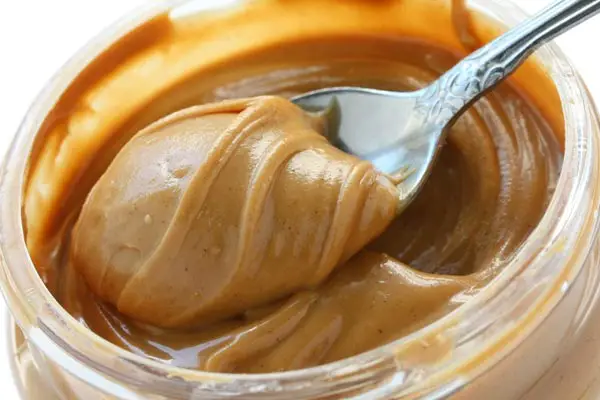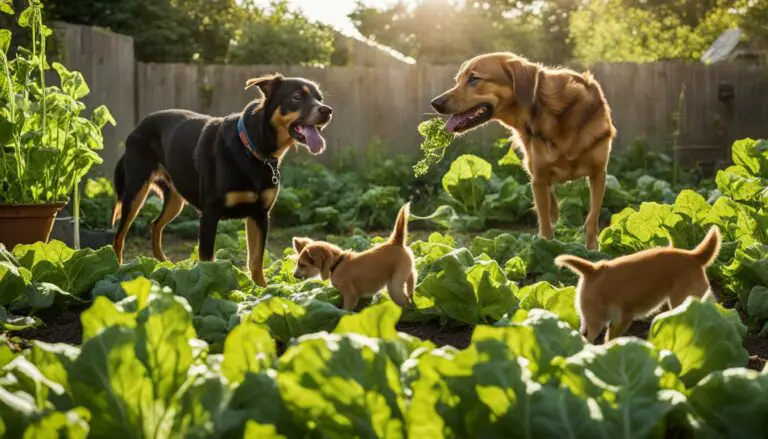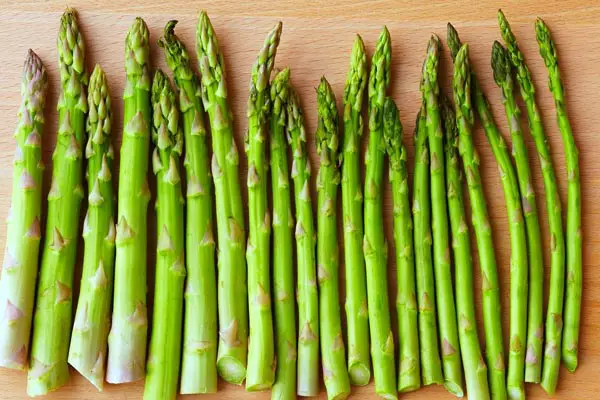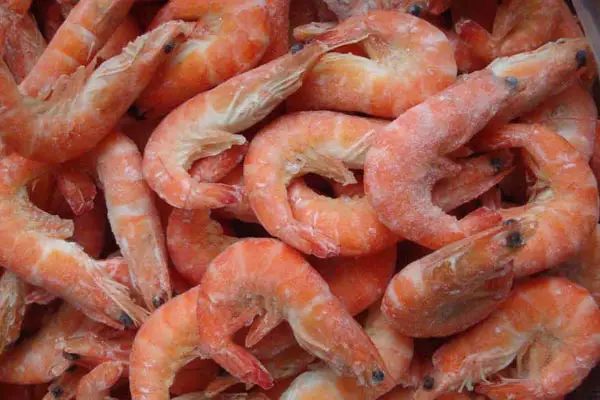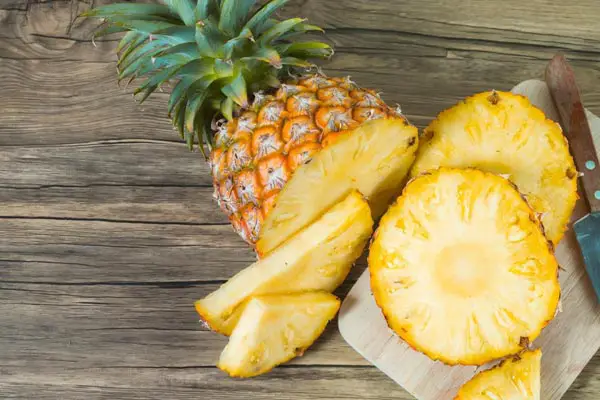Managing the Myth: Can I Give My Dog Peanut Butter?
TO FEED OR NOT TO FEED
It is often thought of as an on-going debate, the question of whether or not peanut butter is a safe human food to give to dogs.
This question has in fact been answered with a strong ‘Yes’ from the majority.
Not only is it okay to give a dog peanut butter, but there are also a number of benefits that are associated with it.
As with most things, there are some things to keep in mind when giving your dog peanut butter, but if you follow the guidance of your vet and the tips below, you and your dog will be just fine!
THE PERKS OF THE PEANUT (BUTTER)
For a while, the benefits of peanut butter didn’t outweigh the risks thought to be associated with it.
Now, however, the running benefits of peanut butter are well backed by research in which the ‘risks’ turned out to be more along the lines of unintentional misuse.
– Nutritional Benefits
The primary benefit of peanut butter for your dog is nutrition. Most peanut butter contains key vitamins that will support your dog’s overall health and wellness.
These vitamins include, but are not limited to:
- Vitamin E – helps boost your dog’s immune system
- Vitamin H – Aids indigestion, muscle formation and promotes good skin health
- Magnesium – Helps metabolize B vitamins
- Folate – (Folic Acid/Vitamin B9) Helps with overall cellular metabolism and function
- Fiber & Protein – Encourages digestion and overall good health
– Entertainment Benefits
Let’s face it… watching your dog eat peanut butter can be the funniest thing ever! But the entertainment part of peanut butter was not actually for you . . . peanut butter can be entertaining for your dog.
Often suggested for younger and/or more active dogs, putting peanut butter into an interactive dog toy – such as a KONG – has the potential to keep them entertained for quite a while.
PRO TIP: If your dog is extra smart and gets the peanut butter out too fast to play much, freeze the peanut butter in the KONG before giving it to your pup. It will definitely slow him/her down!
– Health Benefits
Utilizing peanut butter as a means to an end, health benefits come as nice, secondary benefits when combined with the following:
Giving Your Dog a Pill
Most dogs don’t eat pills as eagerly as they eat peanut butter. Pushing their pill(s) into a spoonful of the sticky goodness does wonders when it comes to masking both the pill itself and any unwanted tastes that come with it.
PRO TIP: If your dog is an expert pill-spotter and refuses to take a pill with smooth peanut butter, try feeding him/her crunchy peanut butter instead. The peanuts will mimic bits of kibble and the pill hides better in the texture. You can also put peanut butter inside a small piece of bread, put the pill inside, and then fold the bread over like a little sandwich. Your dog is more likely to chow the entire treat, rather than daintily eat thru it and find the pill.
Calming Anxiety
When placed in a toy (such as a KONG), peanut butter can be used to help calm down anxious puppies and older dogs.
Interactive toys work this way by occupying a dog’s attention, and thus decreasing their worry and concern.
If you are going to be gone for a period of time, place your dog in a room with his/her toy. It will take their attention and keep them from focusing on you being gone – at least for some time.
Over time, this can help train them to not be as anxious when you leave. You can also use it for other cases of anxiety training beyond separation anxiety.
I LIKE BIG JARS AND I CANNOT LIE
One of the key things to consider when purchasing peanut butter for your dog is the brand; choosing the wrong brand may actually be the worst thing for your dog and turn a delicious treat into a deadly dose.
The good news is that most brands are completely fine and the dos and don’ts of peanut butter shopping are pretty straightforward.
DO’s:
– Look for an organic, non-salted, non-sweetened kind of peanut butter if you are going to feed it to your dog several times during the week.
If it’s an every-now-and-then treat you can look at generic brands that are not organic and/or salted but check which sweeteners are used (see the don’ts below for more details).
– Crunchy peanut butter is fine and some dogs may even prefer it over smooth because the texture will mimic kibble
– Almond butter and/or cashew butter are both fine to feed your dog instead of peanut butter.
If you are going to use cashew butter though, make sure you consult with your vet and give your dog a smaller amount because it is higher in fat content.
DON’Ts:
– Know that Nutella is a no-no. While it is delicious for most humans, Nutella contains cocoa (which is why it tastes so good). Cocoa, however, is still an undisputed ‘bad food’ when it comes to dogs.
Most likely, though it depends on his/her size, the smallish amount of cocoa powder that would be in a spoonful of Nutella wouldn’t harm your dog too much.
However, with all of the great alternatives, it is not truly worth the risk.
– Avoid peanut butter with xylitol. IT IS DEADLY. Xylitol is an artificial sweetener that is fine for humans, but NOT for your dog. Luckily, it is not found in too many brands.
Xylitol can cause low blood pressure, seizures, liver failure, and sometimes death depending on your dog and their age and overall health.
For more on this, check out veterinarian Dr. Andy Roark’s tip of the week that answers the question, “Can I give my Dog Peanut Butter”
– For an up-to-date list of peanut butter brands that contain xylitol, Preventative Vet’s list.
QUALITY OVER QUANTITY
So long as you have chosen a good brand for your dog, peanut butter is going to be a safe, delicious treat. Now the question is, ‘How much is too much?’ The answer is pretty straightforward.
It Depends
We are not trying to be snarky; it truly depends on the size of your dog, their age, overall health, and daily diet.
The general rule of thumb is that an average-sized dog can take 1-2tsp daily and it will not be bad for them.
Useless if your dog is smaller, a little more won’t hurt if your dog is a gentle giant.
Remember, if you are going to feed your dog cashew butter use less than 2tsp (some recommend half of the daily amount) because cashew butter has a much higher fat content.
Here is a chart put together by Veterinarian Dr. Jason Nicholas on proper peanut butter dosage
g Weight (in pounds) Approx. amount of peanut butter (in tbsp) per day
20 3/5
30 1
50 1 1/6
It is always good to check with your veterinarian if you are unsure of the dosage and/or if you want to err on the side of caution.
I SCREAM, YOU SCREAM, WE ALL SCREAM FOR … TREATS:
If feeding your dog thick, sticky, gooey peanut butter sounds like a nightmare considers peanut butter treats instead!
There are a number of pre-made treats that you can purchase that contain peanut butter. While the format changes, the nutritional benefits remain much the same.
If you like baking, try making peanut butter treats yourself. An easy recipe for homemade peanut butter treats can be found in this YouTube Video.
Just be sure that you are still providing your dog with their standard diet. Peanut butter (along with other treats) should only make up 10% or less of your dog’s daily calories and should not be used as a food substitute.
AGE IS JUST A NUMBER
A common question that comes up is ‘How old does my dog have to be to eat peanut butter?’
There is no such thing as too old. In fact, peanut butter may be an extra perk for older dogs because they need nutritional benefits along with the extra calories.
There is some grey is when it comes to puppies. Generally, after 6 or 7 weeks it is agreed that peanut butter is safe to feed a little one.
It can be different for some though, and it is always good to consult with your vet before giving your puppy a taste of the sticky peanut goodness.
So long as your vet has given you the green light for giving your puppy peanut butter, it can be an excellent distraction for hyper and/or anxious puppies.
As was mentioned above, using a KONG can provide almost endless entertainment and puppies make the perfect audience.
TOO MUCH OF A GOOD THING
While peanut butter is a good thing, too much of it can turn into a bad thing for your dog.
Peanut butter is fatty, so eating too much or too often can take a toll on your poor pup.
One of the first things that excess peanut butter will do is cause weight gain. This increases the risk of pancreatitis and/or obesity.
In addition to unhealthy weight gain, the high-fat content may cause your dog to have an upset stomach and increase the chance of them vomiting and/or having diarrhea.
If you notice this in your dog, cut back on the amount you are feeding him/her and cut back on how often you feed them peanut butter.
IM NOT PICKY, I’M JUST ALLERGIC
Lastly, while it is not too common there are some dogs who have a peanut allergy.
If it’s the first time your dog has had peanut butter, monitor them over the next few days to see if they behave differently.
Usually, a peanut allergy will manifest itself in gas and/or skin irritation. In more severe cases, your dog will lose his/her hair in patches.
If you see any of this, stop feeding them peanut butter and consider taking them to the vet for confirmation.
MIND THE MYTHS
There will be some people that you come across that swear peanut butter is deadly for your dog who will cite other dangers outside of Xylitol, cocoa, or allergies.
There are still theories surrounding the following features of some peanut butter:
– Aflatoxins are in peanut butter and will cause cancer in your dog (and you)
It is true that peanut butter will contain traces of aflatoxins. While it’s not good to downplay carcinogenic agents, most aflatoxins are not cancer-causing.
Additionally, they have to be consumed in high quantities in order to even trigger the risk of cancer.
If you are concerned, talk to your Vet. However, it is extremely unlikely your dog would consume so much peanut butter that they would be at risk for liver cancer – that much peanut butter would cause other problems much sooner!
– Trans-Fatty Acids are a result of food processing and result in toxic fat
These types of fats are part of the reason why you limit your dog’s daily consumption to a few teaspoons.
You can also avoid these types of fats by investing in raw peanut butter and/or organic peanut butter that has not been as processed as most store-bought brands.
The key here though is moderation. If you are following your vet’s guidelines, there is not much you need to worry about.
– Peanut butter contains sugar and sugar is bad
The argument here is that sugar feeds all kinds of bad things in your body (and for your pet) including yeast, bacteria, parasites, and cancer.
There is no direct link between sugar and cancer. Nor does the sugar in peanut butter go straight to parasites and/or bacteria. Again, the concept of moderation comes in.
Yes, too much sugar in a dog’s diet can lead to problems associated with being overweight, but that is not poor peanut butter’s fault directly.
Not all peanut butter contains sugar. Ideally, you will invest in a brand that is sugar-free (as well as fat-free).
Keep in mind when you are looking for a sugar-free brand make sure it doesn’t substitute the sugar for xylitol!
CONCLUSION
Peanut butter is a sticky, sweet treat that will most likely end up with your dog a little messier and your smile a little bigger.
Use caution when choosing the brand and make sure to not go overboard with how much you feed your dog.
After these precautions though, you will be good to go. Both you and your dog will appreciate the treat diversity.
The perks that come with peanut butter don’t stop at the smiles, embrace the probable stickiness with ease.
